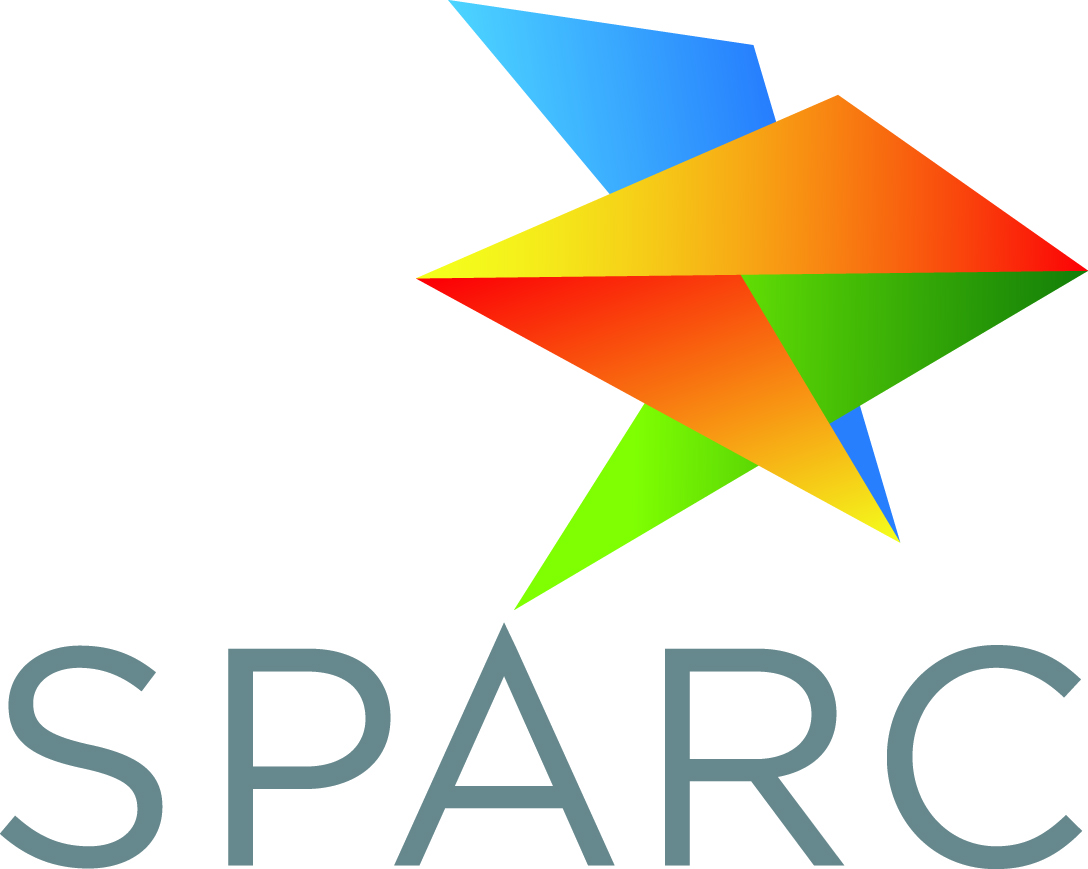
Robohub.org
The Robot Economy: Interview with MEP Mady Delvaux

In our final interview in The Robot Economy series, we speak with Mady Delvaux, Member of the European Parliament (MEP) and Chair of the Working Group on robotics. Mady has written an extensive draft report “Civil Law Rules on Robotics,” and proposes the creation of a legal framework for automation and ways to promote European industry.
How do you think robots will impact the economy?
I believe that robots will impact the economy positively because it will allow us to be more competitive. I would like European industry to be strong, and to continue to produce in Europe rather than delocalise. I believe robots could be instrumental in bringing industry back to Europe. You always need innovation, innovation is positive for Europe, and there are so many synergies between different sectors of European industry.
Tell us more about the Draft report on “Civil Law Rules on Robotics” which came out this year?
It’s my first mandate as a Member of the European Parliament (MEP). The European Parliament can propose laws through reports provided to the European Commission, which is then able to legislate.
I’m a member of the committee on Legal Affairs, and decided to lobby colleagues to set up a working group on robotics. I chaired the committee, which brought together members from every political party, and members from other committees on employment, civil liberties, and industry. We also invited experts, that’s one of the nice things about being an MEP, you identify people you would like to talk to, and they are happy to join! We had monthly working group meetings which resulted in a report.
The report looks at how we can promote European industry, while emphasizing robots that are friendly to humans. We need a high standard for robots in terms of safety and security. There are also many issues around liability and legislation which are not yet urgent, but may be in 10-15 years. And then there is the “jobs discussion” we read about in the media. The reality is that no one really knows what the impact will be. We’ve asked the European Commission to closely monitor the employment market, so that we can know what jobs are taken over, and which jobs aren’t. If robots do destroy jobs, then we need to think about how to finance the social systems. This could be through a tax on robots, perhaps to insure a Basic Universal Income. Industry is alarmed, but we should at least think about this. The goal is really to be prepared in case this displacement does happen. Another issue is privacy, robots typically only work if they are connected, and then the question is who owns the data, and who has access to it.
What are some of the recommendations from the report?
We asked the European Commission to put up a register that defines categories for robots and keeps track of them, what they do, and where they are. We already do this with cars for example.
On ethics, we suggested the creation of Research Ethics Committees (REC) in universities to think of the ethical aspects of the work they are doing. In the health sector, prosthetics and implants, raise questions around the enhancement of human capabilities. There is also a question about equality, who has access to robot technology, who will pay for it, and how can knowledge be evenly distributed?
What are some of the positive aspects highlighted?
Robots can facilitate the life of people. Technology is usually developed to make life easier, but there is always a bright side, and a dark side. We need a responsible way to interact with robots. Interactions will be more complex in all sectors, for example in agriculture, health, elder care, or education. Robots could be an excellent tool for teachers, but there are other domains where robots shouldn’t be used. Many worry about the human aspect. But there may also be a danger with the development of android robots, that could be confused with humans. Robots shouldn’t be confusing. I personally believe in having a human in the loop.
Has your view about robotics changed since you’ve started working on the report?
I didn’t know anything about robots, and I don’t like science fiction. I’ve learned a lot through the making of this report, and it has completely changed my view. At the start I was a bit sceptical, I am now more friendly to the technology.
How should we communicate about robotics?
We should use all channels, and simple messages. Robots have strongly reduced the number of accidents in the oil and gas industry, why don’t we say it! These should be the headlines.
What can we expect next with the report?
Committees are working on the draft report to provide their opinion, the deadline for feedback is end of October. I hope that we will then have a procedure committee, followed by a plenary two months later. Overall, I hope we will have a vote in the European Parliament in January. The European Commission would then receive the report, and decide to accept the recommendations.
This is the final article in a series of three interviews about the robot economy. Read part one here and part two here.
Read the previous articles in the European Robotics series here.
This series is published on the SPARC website and Robohub. Funding for the series was provided by RockEU – a Coordination and Support Action funded under FP7 by the European Commission, Grant Agreement Number 611247.
tags: Automation, c-Politics-Law-Society, EU Robotics, European Robotics, jobs, robohub focus on european robotics, robot economy, robots and jobs, SPARC





